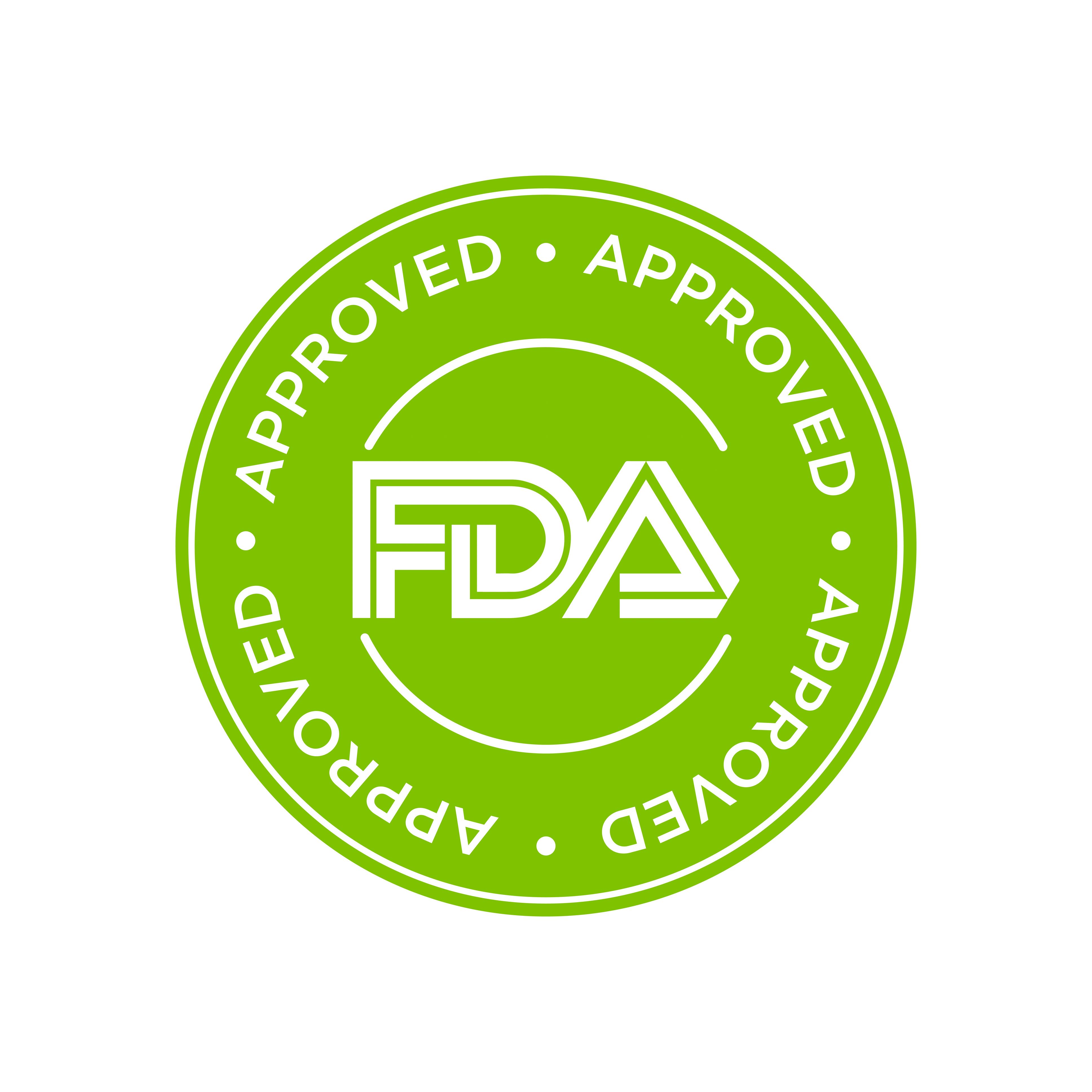- Center on Health Equity & Access
- Clinical
- Health Care Cost
- Health Care Delivery
- Insurance
- Policy
- Technology
- Value-Based Care
FDA Approves Recor Medical's Paradise Ultrasound Renal Denervation System
Recor Medical announced the FDA approval of its Paradise Ultrasound Renal Denervation system for the treatment of hypertension on November 7, 2023.
FDA Approved | Image Credit: Lia Aramburu – stock.adobe.com

A version of this article was published by HCPLive®. This version has been lightly edited.
The FDA has approved the Paradise Ultrasound Renal Denervation (uRDN) system for the treatment of hypertension.
Announced by Recor Medical, Inc, and its parent company Otsuka Medical Devices on November 7, 2023, the approval is based on data from the RADIANCE II trial and comes less than 3 months after a series of positive votes by the FDA’s Circulatory System Devices Panel (CSDP) in late August 2023.1,2
“Despite the longstanding availability of dozens of affordable anti-hypertensive medications, blood pressure control rates in the United States are alarmingly low and falling," said Naomi Fisher, MD, site principal investigator of the study, associate professor of medicine at Harvard Medical School, and director of hypertension service and hypertension innovation in the division of endocrinology, diabetes, and hypertension at Brigham and Women’s Hospital. "Given the significant blood pressure reductions seen in the ultrasound renal denervation trials, the Paradise Ultrasound Renal Denervation system offers a much-needed advancement in our currently available options to control hypertension."
Fisher also noted that uRDN has proven to be efficacious in patients with "truly resistant" hypertension—an important note since medication therapy is often not enough to treat this population—and in patients with mild to moderate hypertension who cannot tolerate the amount of medication it takes to control their blood pressure.
According to Recor Medical, the development and testing of the system dates back to 2009. The system itself delivers 2 to 3 doses of 360-degree ultrasound energy—lasting 7 seconds each—through each of the main renal arteries to the surrounding nerves. The company also pointed out the system’s catheter also features the exclusive HydroCooling system, which circulates sterile water through the balloon catheter during the procedure to help protect the renal artery wall.
The RADIANCE II trial, which was used as the basis for the FDA's approval, was a sham-controlled, randomized (2:1) clinical trial conducted at 37 centers in the United States and 24 centers in Europe. For inclusion, patients were required to have an ambulatory systolic blood pressure (SBP) and diastolic blood pressure (DBP) of 135/85 mm Hg or greater and an SBP/DBP less than 170/105 mm Hg after a 4-week washout of their medications. Additional inclusion criteria required patients to have an estimated glomerular filtration rate (eGFR) of 40 mL/min/1.73 m2 or greater and suitable renal artery anatomy.
A total of 124 patients were randomized 2:1 undergo ultrasound renal denervation or a sham procedure. This cohort had a mean (SD) age of 55 (9.3) years, 28.6% of participants were female, and 16.1% self-identified as Black or African American. The primary efficacy outcome was the mean change in daytime ambulatory SBP at 2 months, and the primary safety composite outcome of major adverse events included death, kidney failure, and major embolic, vascular, cardiovascular, cerebrovascular, and hypertensive events at 30 days, as well as renal artery stenosis greater than 70% detected at 6 months.
The trial results suggested reductions in daytime ambulatory SBP observed in the trial were greater among the ultrasound renal denervation group compared with the sham group, with a mean (SD) of −7.9 mm Hg (11.6 mm Hg) compared with −1.8 mm Hg (9.5 mm Hg), respectively (baseline-adjusted between-group difference, −6.3 mm Hg; 95% CI, −9.3 to −3.2 mm Hg; P < .001).
Investigators pointed out 6 of the 7 secondary blood pressure outcomes in the study were significantly improved with ultrasound renal denervation compared with the sham group, and no major adverse events were reported in either group.3
The Paradise uRDN system was the subject of an August 22, 2023, CSDP meeting. In that meeting, committee members voted 12 to 0 in favor of the system for safety, and 8 to 3 in favor of efficacy with a single vote abstaining. When asked about the benefit-risk profile, the committee voted 10 to 2 in favor of the Paradise system's benefits outweighing the risks.
“Recor is leading the way in bringing an innovative solution to clinicians and their patients struggling to control blood pressure. This FDA approval is the culmination of years of technical research and rigorous clinical studies,” said Lara Barghout, president and CEO of Recor Medical. “We are grateful to the patients who participated in the studies and to the clinical trial investigator teams whose diligence and dedication made FDA approval possible. We look forward to making this technology available to physicians and their patients nationwide.”
References
- Recor Medical. Recor Medical and Otsuka Medical Devices announce first FDA-approved renal denervation system for the treatment of hypertension. Recor Medical. November 7, 2023. Accessed November 8, 2023. https://www.recormedical.com/recor-medical-and-otsuka-medical-devices-announce-first-fda-approved-renal-denervation-system-for-the-treatment-of-hypertension/.
- Iapoce C. FDA Advisory Committee split on Renal Denervation Systems. HCP Live. August 24, 2023. Accessed November 9, 2023. https://www.hcplive.com/view/fda-advisory-committee-split-renal-denervation-systems.
- Azizi M, Saxena M, Wang Y, et al. Endovascular ultrasound renal denervation to treat hypertension: the RADIANCE II randomized clinical trial. JAMA. 2023;329(8):651–661. doi:10.1001/jama.2023.0713
What It Takes to Improve Guideline-Based Heart Failure Care With Ty J. Gluckman, MD
August 5th 2025Explore innovative strategies to enhance heart failure treatment through guideline-directed medical therapy, remote monitoring, and artificial intelligence–driven solutions for better patient outcomes.
Listen
